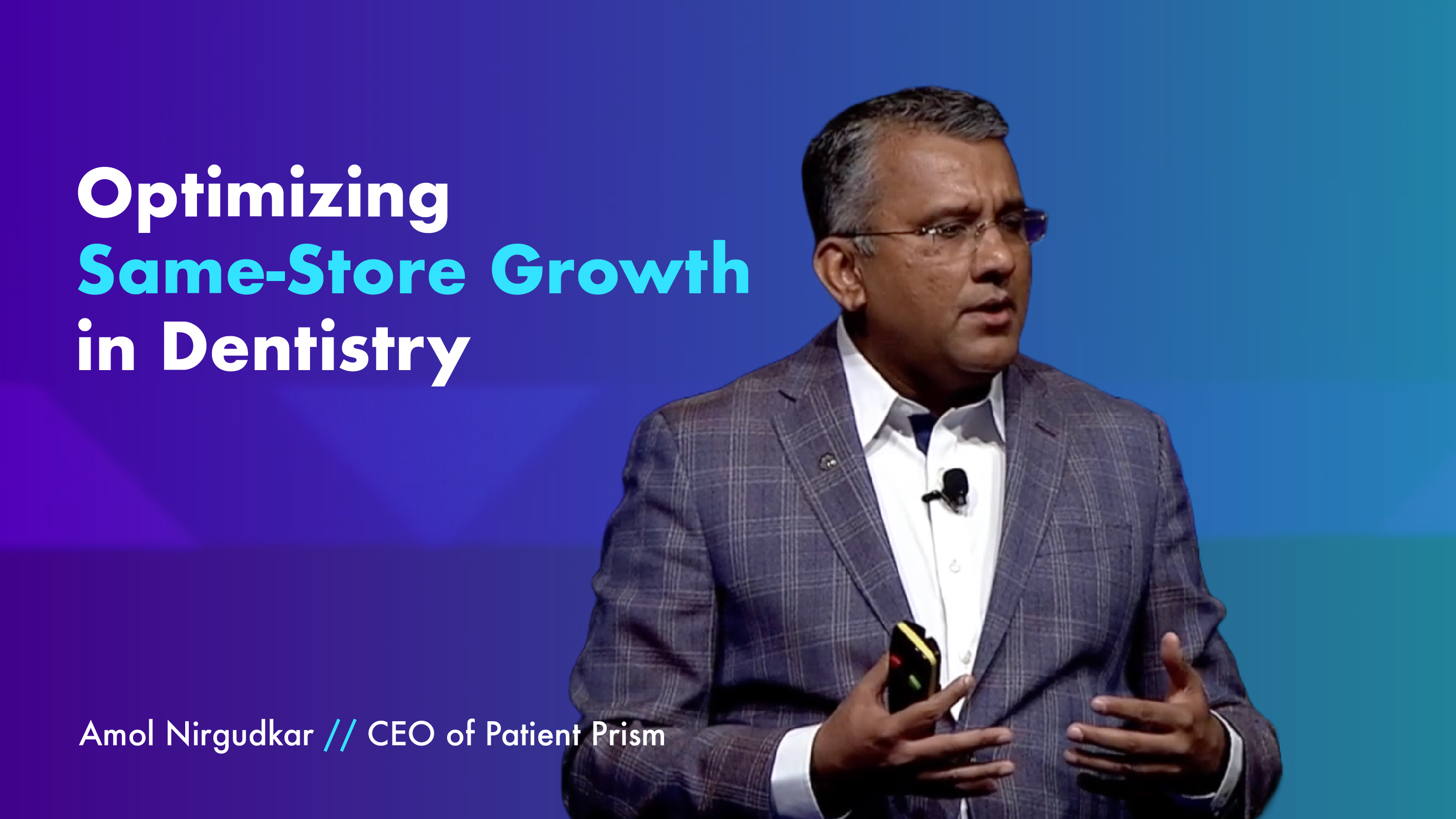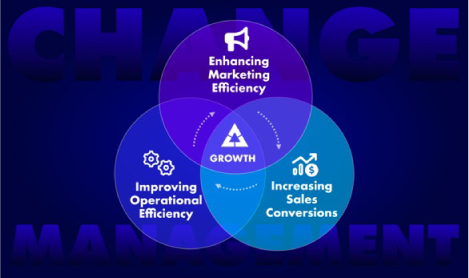Conversational AI Drives Growth in Veterinary Services. The veterinary services industry is an integral part of the healthcare sector, serving an increasingly large pet population and a growing demand for animal healthcare. As economic factors like disposable income and pet ownership rise, veterinary services are seeing substantial expansion. Within this context, conversational AI presents significant opportunities to enhance economic efficiency and improve customer service in veterinary practices.
Economic Aspects of the Veterinary Industry
Veterinary services not only play a crucial role in maintaining pet health but also significantly contribute to the economy. Industry reports indicate consistent growth in this sector, driven by factors such as increased pet ownership and higher expenditure on pet care. Innovations in veterinary technology, including advanced diagnostics and treatment options, have enabled veterinarians to provide services previously exclusive to human medicine, thereby increasing the average revenue per user (ARPU).
However, this growth comes with challenges, including high operational costs, especially in staffing and equipment investment. The market is also becoming more competitive as new practices emerge and corporate entities enter the industry, leveraging economies of scale to provide competitive services at lower prices.
Conversational AI Drives Growth in Veterinary Services
Conversational AI can play a crucial role in addressing these economic challenges and seizing growth opportunities:
- Operational Efficiency: AI can automate various administrative tasks such as scheduling appointments, processing payments, and managing patient records. This automation not only reduces the workload on staff but also decreases the chances of human error and lowers operational costs.
- Customer Retention and Acquisition: AI chatbots enhance customer satisfaction by providing a responsive service 24/7, answering queries, offering health tips, and sending reminders for vaccinations and check-ups. This improves client engagement and retention.
- Marketing and Customer Insights: AI tools analyze customer interactions to gain insights into client needs and preferences, enabling practices to tailor their marketing strategies more effectively. This targeted approach helps attract new customers and sell additional services to existing ones.
- Cost Management: Conversational AI helps practices manage their inventory more efficiently by predicting the need for medical supplies based on upcoming appointments and historical data. This predictive analysis helps reduce wastage and optimize purchase plans, thus better managing costs.
- Revenue Growth: AI-driven tools can upsell services by recommending additional, personalized treatments during client interactions. For example, if a pet’s symptoms suggest a potential dietary issue, the AI system can propose a consultation with a veterinary nutritionist or special dietary products.
Conversational AI Drives Growth in Veterinary Services. In an industry facing increasing economic pressures amidst growing opportunities, conversational AI provides veterinary practices with the tools needed to streamline operations, enhance customer engagement, and effectively manage costs. By integrating AI into their business models, veterinary practices can not only improve their service offerings but also strategically position themselves for sustainable growth in a competitive market.















 A few minutes can change everything.
A few minutes can change everything.